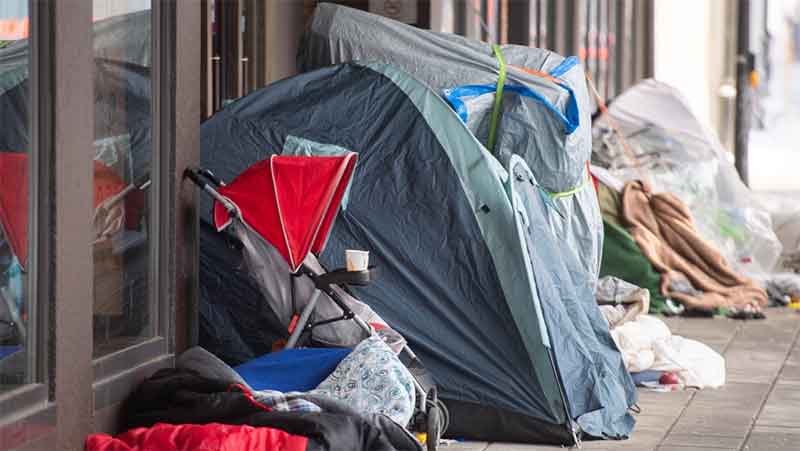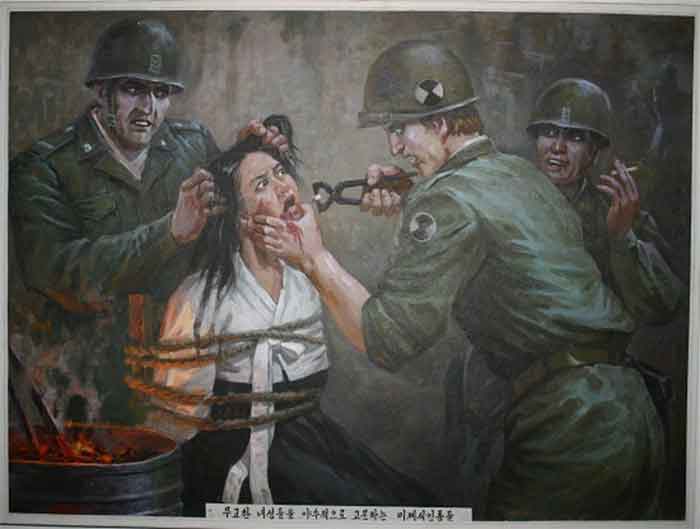
Progressive Communities and Legal Codes
As communities grew in ancient and tribal societies, individuals had the expectation that chiefs and elders would intervene in the event of a conflict. At times, this expectation and a, intervention solidified into a formal recognition that certain individuals in society had the authority to summon meetings or adjudicate problems. This form of intervention or adjudication came in the form of formal peacekeeping. The first judges were community leaders, or holy men, who were considered wise enough to mediate tensions and resolve conflict within a community. Judges would announce disapproval of the crimes by reciting a memorized series of poems or songs that would give evidence to the community’s laws. While some ancient and tribal societies had police and jailers, others did not have a formal method of punishing and holding offenders responsible to the judgement of the judges and community. Thus, punitive measures were often left to the social pressures of the community. (1)
Today, societies throughout the world govern themselves in accordance to what they know and understand to be a code of law and a method of administering law and order. The purpose of this is so that members of a society may live in peace and harmony, and administer their day to day affairs in an efficient manner. The need and benefit of having a code of law and a method of administering law and order is to provide for a solution in society in the consequence of a conflict, and serve as a method and medium in dealing with the complexities and formalities of deviant behaviors of individuals or segments of a society. (2)
Crimes and Morally Repugnant Acts
One of the most primal divisions in how people view crime refers to a clear objective concept about actions that everyone agrees are bad, or whether they believe that crime is a . subjective concept constructed through social interpretation by certain privileged groups. (3)
The ultimate goal in a crime model is to see how it helps us understand this complex phenomena. A common assumption made about crime is that we all agree that it is a bad thing. Sociology recognizes this and dubs this attitude as the consensus model of crime. Consensus implies that there is a general agreement on what behaviors to outlaw.(4) Crimes are morally repugnant acts which a majority of citizens agree must be stopped by legal force. The alignment of public morality and criminal law is a key component of the consensus model. In this model, widely held religious beliefs are the legal basis for the legal code. The consensus model can be expanded to show that criminal laws reflect not just local standards, but a larger human | . consensus. (5)
There are two major problems to contend with in the consensus model and the theory of repugnance. The first is that many forms of disgust are culturally influenced. While some people are disgusted by inter—racial marriages, and even more disgusted by same-sex unions, some societies don’t consider such relationships repugnant. (6) The other moral dilemma to contend with is that if certain forms of disgust are innate, it does not give emotions an unquestioned moral standing. Surgery, dissection of cadavers, menstruation, changing diapers, and every eating certain foods are all activities considered disgusting by many people, yet this does not mean that we should correspondingly outlaw them. Humanity’s disgust at many crimes is very understandable, but disgust alone cannot be a moral guide to punish. (7)
Crimes by Nation States and Corporations are Conveniently Ignored
Criminal activities by states and corporations are difficult to criminalize for a number of reasons. The activities of states and corporations are often perpetuated by those who have a rank and trust in society. (8) The reason why the activities of states and corporations are often difficult to criminalize is that people have trust in their social-political leadership. They don’t necessarily hold them responsible for decision-making which is not in the best interest of the state or greater democratic goals. Often, the harmful effects of state sponsored criminal activity take place far from home. Thus, the harmful effects of criminal activity and the repugnance of death and destruction is not seen and felt at home in-person by citizens of our communities. (9) At times, legislation, or the lack of jurisdiction prevent state sponsored crimes from being prosecuted. For example, corporations often work with federal authorities in order to authorize drilling, mining, excavation, and deforestation. Although such groups may consider their acts violations and inherently repugnant, legislation and state sponsorship protect states and corporations from prosecution. (10)
Terrorism is often the consequential result of predation, and predation itself is representative of what the legal definitions of terrorism are made up of. Predation may also be called exploitive, instrumental, or practical violence. It coincides with Hobbes’s first cause of quarrel, to invade for gain. (11) This gain may be social, political, economic, religious, or some other benefit that a nation-state may consider of worthy in the use of military force and violence in order to enforce the will of a stronger force on a weaker foe. The consequence of predation by a nation-state, a ruling authority, or an invading force is chaotic in the loss of justice and the fundamental rights of human beings, especially, their social, political, and religious rights. (12)
In understanding our world and geopolitical strategic issues, decision-makers and political leaders must consider that historical amnesia is a dangerous phenomenon. It undermines the ethical and legal principles which govern societies. (13) The consequence of ignorance towards global policy and strategic involvement in politics and conflict wherever, especially when the results were destructive and unfavorable, undermines the founding principles of democratic free and just societies whose moral and intellectual integrity must have a high threshold. (14)
Thus, there remains a basis for further crimes against humanity.
References
- SOCI2066, Explanations of Crime, Laurentian University, 2022.
- Rock, N., Simon, D., “Foundations of Criminal and Civil Law in Canada”, Emond Montgomery Publications, 2000, Toronto, Canada. pg.3,4.
- Eisler, L., Haines, F., White, R., “Crime & Criminology , Oxford University Press, 2018,
- Ibid. |
- Ibid.
- Ibid.
- Ibid.
- SOCI2816, Theories in Criminology, Laurentian University, 2022.
- Ibid. .
- Ibid. |
- Pinker, S., “The Better Angels of our Nature”, pg.509.
- Ibid.
- Chomsky, N., “Power Systems”, pg.97.
- Ibid.
Mohammad Momin Khawaja is a Sociologist and a Journalist: Member of the Canadian Sociological Association (CSA), and Member of the International Center for Journalist – ICFJ Global Network, Washington, D. C. USA. A graduate of Laurentian University in Sociology, he writes on current issues of social justice, criminology, philosophy, ethics, history and problems of social welfare system and human development. He is author of numerous publications including, Women in the Ancient World (Lambert Academic Publication, 2023), and his latest academic book just published: Philosophy and Ethics – Dilemmas of Modern Philosophy and Ethics. He recently published: “North American Colonization of Indigenous People, Cultures and System of Social Welfare.”
:https://www.uncommonthought.com/mtblog/archives/2023/05/26/north-american-colonization- of-indigenous-people-cultures-and-system-of-social-welfare.php.















































